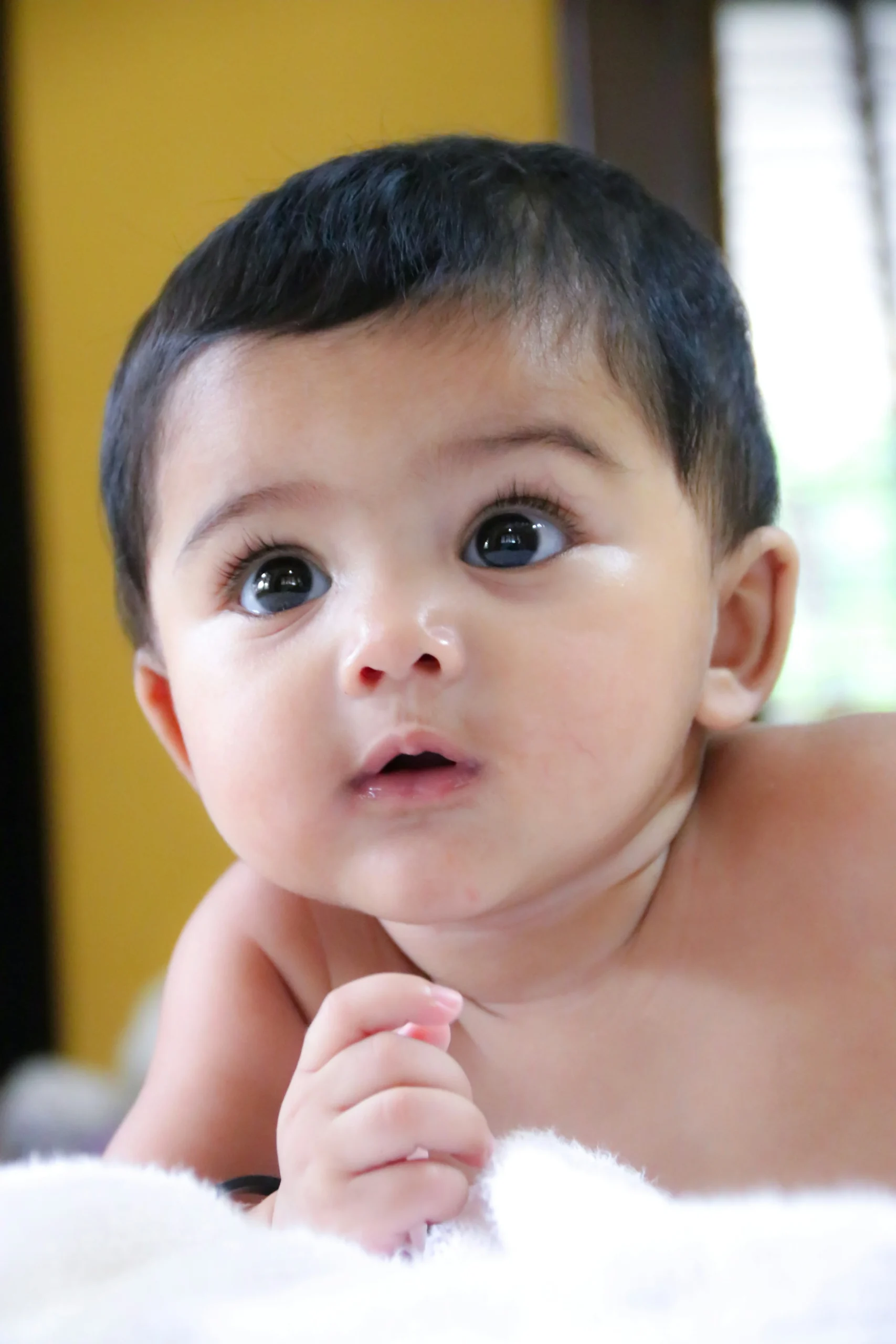Failure. Just hearing the word can make you cringe. As a medical professional, I’ve seen the detrimental effects of perfectionism, and as a parent, I know it all too well. I vividly remember my own childhood—a time when I believed that receiving anything less than perfection meant I was unworthy of love. I once decided to “run away” from home in elementary school due to a disappointing grade. The pressure didn’t come from my parents; rather, it stemmed from my own fear of inadequacy.
Throughout my formative years, I found myself paralyzed by the thought of failing. I would experience anxiety that manifested physically—nausea before important exams, races, and even social interactions. This relentless pursuit of perfection not only drained me but also limited my experiences. I often avoided challenges, which ultimately led me to a career that, while stable, lacked the passion I yearned for. Many of you may resonate with this struggle.
Then came motherhood. I immersed myself in various parenting philosophies and literature, embarking on the challenging yet rewarding journey of raising children. In this process, I discovered a crucial truth: failure is a vital component of growth. We can’t shield our children from every setback—be it emotional pain, social conflicts, or poor decisions. While the instinct to protect them is strong, it’s essential for their development to allow them to stumble and learn from those experiences. This is how they cultivate resilience and independence.
Consider the inspiring story of Lisa Thompson, a successful entrepreneur who attributes her achievements to her father’s unique approach to failure. He made it a point to celebrate her missteps at family dinners, emphasizing that if she couldn’t name a failure for the week, she wasn’t pushing her boundaries enough. This mindset nurtured her resilience and creativity, allowing her to thrive in her field.
I strive to replicate this environment with my own children. We engage in open dialogues about their daily experiences—the highs and lows, including their failures. We analyze their choices and reflect on what they might do differently next time. I share my own experiences, both good and bad, until they humorously plead for a break from discussing failures. They assure me, “We’ll fail at something tomorrow, we promise.”
So, I urge you, as caregivers, to give your children the freedom to make their own choices and face the consequences. The fear of failure should have no place in their lives. One day, they may thank you for allowing them to grow into self-sufficient individuals.
For those interested in deepening their understanding of parenting, I recommend checking out our other insightful article on home insemination, found here. Additionally, for practical information on artificial insemination, visit this resource. Lastly, for a comprehensive overview of fertility and related topics, you can listen to the insightful discussions on Cleveland Clinic’s podcast.
Summary
In conclusion, allowing children to experience failure is an essential part of their growth and development. As parents, we should encourage them to face challenges and learn from their mistakes, fostering resilience and independence. Embracing this approach can lead to well-rounded individuals who are better prepared for life’s hurdles.
